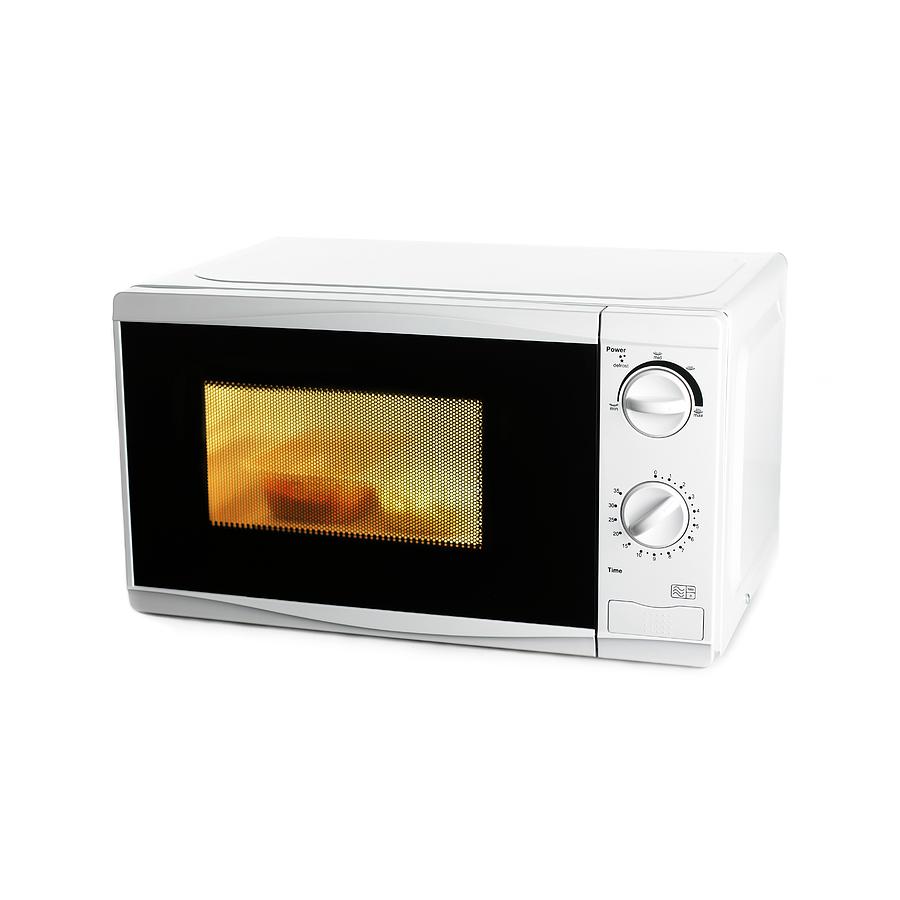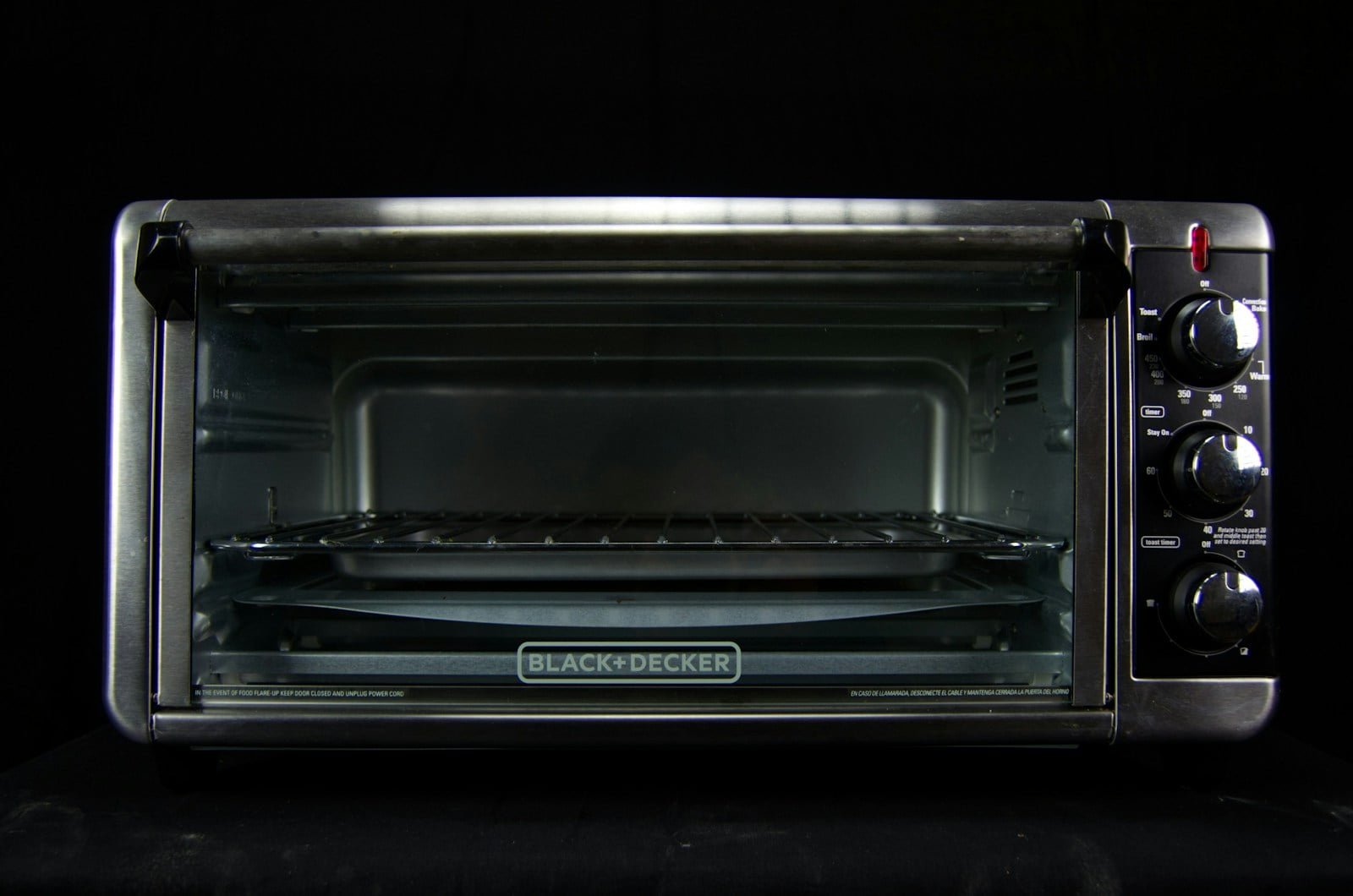Welcome back to another informative post on TheKitchenApplianceDad.com. Today, we’re diving into a question that many RV enthusiasts and home appliance users often ponder: Can you use a domestic microwave in an RV? This topic is not only about convenience but also about safety, efficiency, and making your RV feel a bit more like home. So, let’s break it down.
First, it’s essential to understand the difference between a typical home microwave and an RV-specific microwave.
Domestic microwaves are designed for traditional homes where power supply and space are generally not an issue. They come in various sizes and power capacities, typically ranging from 600 to 1200 watts.
On the other hand, RV microwaves are specifically designed to fit into the limited space of an RV and are built to handle the fluctuations and limitations of RV power supplies. They are often more compact and slightly less powerful than their domestic counterparts, usually around 500 to 800 watts.

RVs offer limited space, and every inch counts. Domestic microwaves tend to be bulkier, and fitting one in an RV might require more space than what is available. Measure your space carefully before making a decision.
The power supply in an RV is different from that in a home. RVs typically run on a 12-volt system, and the available power is dependent on your RV’s battery life and generator capabilities. Domestic microwaves generally require a standard 120-volt outlet and could consume more power than your RV can consistently provide without draining the battery or overloading the system.
Proper installation is crucial for safety and efficiency. Domestic microwaves need adequate ventilation to avoid overheating. In an RV, ensuring sufficient clearance and ventilation can be challenging. Moreover, the microwave needs to be securely mounted to handle the vibrations and movements while driving.
The use of a domestic microwave in an RV raises several safety issues:
While a domestic microwave might technically work in an RV if all the above considerations are addressed, its performance might not be optimal. The power limitations of an RV can mean that the microwave does not perform as efficiently as it would in a home setting. This inefficiency can be seen in longer cooking times and uneven cooking.
For those who are still considering using a domestic microwave in their RV, here are a few tips and alternatives:
The simplest solution is to use an RV-specific microwave. These appliances are designed for the unique needs and constraints of RVs, including lower power requirements, compact design, and secure mounting options.
If you choose to use a domestic microwave, consider installing a power inverter that can convert your RV’s 12-volt DC power into 120-volt AC power. This can help manage the power supply issue but remember that it will draw heavily on your RV’s battery.
A portable generator can provide additional power to support a domestic microwave. However, this comes with the added considerations of fuel storage and generator maintenance.
For a more sustainable option, upgrading your RV with a solar power system can provide additional power, although this can be a significant initial investment.
In conclusion, while it is technically possible to use a domestic microwave in an RV, it is not always advisable. The potential issues with power supply, space, safety, and efficiency often make it more trouble than it’s worth. RV-specific microwaves or other alternatives like upgrading to solar power systems or using portable generators might offer better solutions. At TheKitchenApplianceDad.com, we always recommend choosing safety and efficiency over convenience to ensure a pleasant and worry-free RVing experience.

